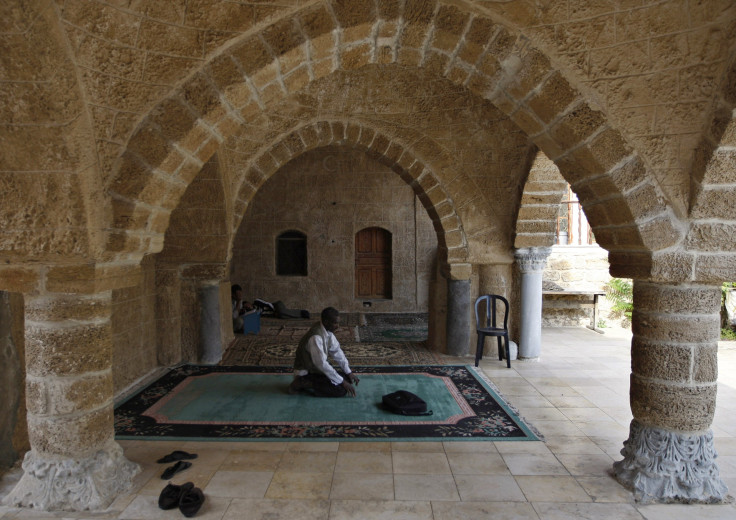Israel’s ‘Muezzin Bill’ Update: Knesset Approves Controversial Bill In Preliminary Reading

In a preliminary reading Wednesday, the Israeli parliament Knesset approved a controversial bill that would ban mosques from using loudspeakers to announce the Islamic call to prayer. The bill, dubbed the “muezzin bill,” has garnered criticism from Muslims, Christians and Jews in the country, but has been supported by Israeli Prime Minister Benjamin Netanyahu.
The bill was passed in the preliminary reading by 55-48 votes in the Knesset, according to the Jerusalem Post.
A muezzin is a man who calls to prayer from the minaret of a mosque — mostly using loudspeakers. The bill was proposed last November and aimed to restrict the use of loudspeakers at mosques, purportedly to control noise pollution in the country. The bill has triggered outrage across several religious communities in Israel.
If the bill becomes law, Muslims across the country will not be allowed to use loudspeakers for the prayer call between 11 p.m. and 7 a.m. This would affect one of the required prayer times in Islam, called "fajr," or the prayer done at dawn.
Last November, law enforcement officials in the country’s Lod city fined a Palestinian imam for making an Islamic call to prayer through a loudspeaker at a local mosque. According to the imam’s brother Sheikh Adel Alfar, it was the first time Lod fined an imam, citing noise as the reason.
“There is no doubt that the city is taking advantage of the atmosphere and the proposed ‘muezzin law’ in order to be seen as fighting muezzins in Lod, and citing statutes out of the belief that it will deter us,” Alfar reportedly said at the time, adding: “We shall not be deterred by threats and fines, and we have always said that everything can be solved at the negotiating table and through dialogue and mutual respect rather than by force and enforcement.”
© Copyright IBTimes 2024. All rights reserved.






















